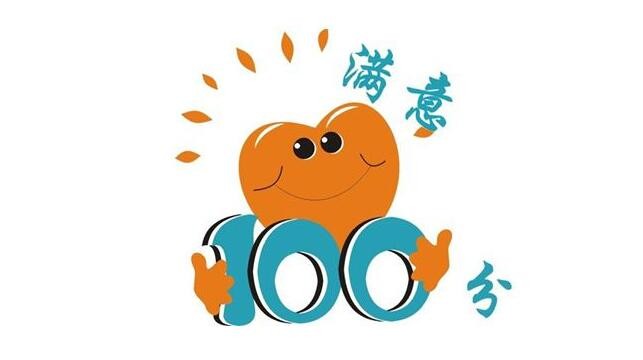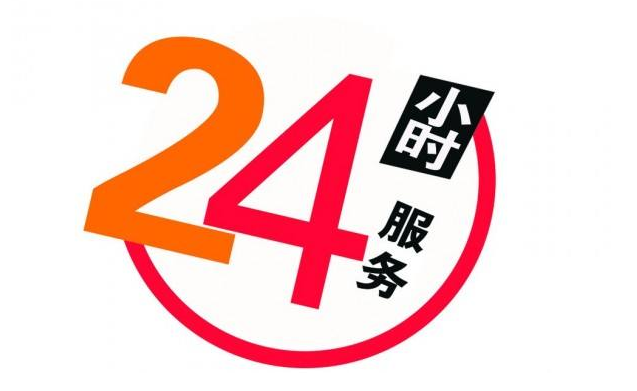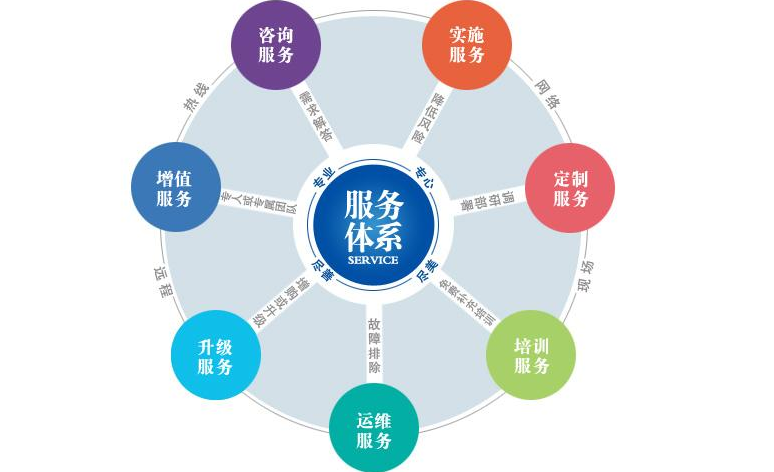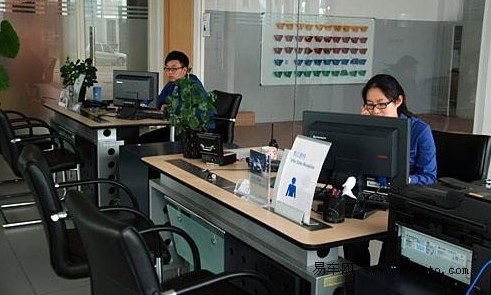Title: English Expressions for Describing the Value and Price of Items
Abstract: This article discusses various English expressions for describing the value and price of items. It is pided into four sections: general expressions, high-value items, low-value items, and comparative expressions. Each section provides detailed explanations and examples.

Section 1: General Expressions
In English, nouns and adjectives can be used to describe the value and price of items. For example, "luxury" and "expensive" are often used to describe high-value items, while "cheap" and "affordable" are used to describe low-value items. Other commonly used terms include "rare," "valuable," "inexpensive," "overpriced," and "budget-friendly." These words help convey the perceived worth of an item.

Example: The designer handbag is a luxury item that costs a fortune.
Verbs can also be used to express the value and price of items. Phrases like "worth," "cost," "priced at," and "valued at" are commonly used. These verbs indicate the monetary value attached to an item or express the overall worth and value.

Example: The antique necklace is valued at $10,000.
English has several idioms and phrases that are used to describe the value and price of items. For instance, "a steal" is used to indicate an item that is sold at a remarkably low price. Similarly, phrases like "worth every penny," "worth its weight in gold," and "cost an arm and a leg" are used to convey the worth or expense of an item.

Example: The new smartphone is worth every penny I paid for it.
Section 2: High-Value Items
Collectibles and antiques are often associated with high-value items. English expressions like "priceless," "rare gem," "highly sought-after," and "one-of-a-kind" are commonly used to describe such items. They emphasize the uniqueness and rarity of these objects, contributing to their high value.

Example: The vintage car is a rare gem and worth a small fortune.
When it comes to luxury goods, English expressions like "top-tier," "high-end," "exclusive," and "premium" are frequently used. These expressions highlight the superior quality and prestige associated with these items, thereby justifying their high price tags.

Example: The designer watch is a top-tier product with a hefty price tag.
Items that are produced in limited quantities often have higher value and price. English expressions like "limited edition," "exclusivity," "hard to find," and "collector's item" are used to describe the scarcity and uniqueness of these items, which ultimately increases their value.

Example: The limited edition sneakers are highly sought-after by collectors.
Section 3: Low-Value Items
English expressions such as "bargain," "discounted," "on sale," and "affordable" are used to describe low-value items. These expressions indicate that the price of the item is lower than its usual or original value, making it accessible to a broader range of consumers.

Example: The shirt was on sale, so I got it at a bargain price.
Mass-produced items are often associated with lower prices. Expressions like "mass-market," "affordable options," and "budget-friendly" are used to describe the affordability and accessibility of these items. They emphasize that these products are designed to be affordable for the general public.

Example: The generic brand of cookies is a budget-friendly alternative to the expensive ones.
Secondhand goods are typically sold at lower prices compared to new items. English expressions like "pre-owned," "used," "hand-me-down," and "thrift store" are used to describe these items. The price of a secondhand item is often influenced by factors such as its condition, age, and demand.

Example: I bought a used bicycle from a thrift store at a fraction of the original price.
Section 4: Comparative Expressions
To compare the value and price of two items, English expressions such as "more expensive than," "higher-priced," and "costlier than" can be used. These expressions indicate that one item has a higher value or price than another.

Example: The new model of the smartphone is more expensive than the previous version.
To describe an item that has a lower value or price compared to another, expressions like "less expensive," "more affordable than," and "cheaper than" are commonly used. These expressions highlight the affordability and relative lower cost of the item.

Example: The generic brand of detergent is cheaper than the popular brand.
English expressions like "better value than," "more bang for your buck," and "greater return on investment" are used to describe an item that provides greater benefits or quality for the price paid. These expressions focus on the perceived value and advantages of the item in comparison to others.

Example: The all-in-one printer offers a better value than buying inpidual devices.
Conclusion:
In English, there are various expressions to convey the value and price of items. Nouns, adjectives, verbs, idioms, and phrases are used to describe the value and worth. High-value items such as collectibles and luxury goods are associated with expressions emphasizing rarity and prestige. Bargain goods, mass-produced items, and secondhand goods are described using expressions emphasizing affordability and accessibility. Comparative expressions are used to compare the value or price of different items. With these expressions, one can effectively communicate the value and price of various items in English.
标题:物品的贵贱和价格高低的英语表达(物品贵贱价格高低英语表达)
地址:http://www.hmhjcl.com/paobuji/125211.html

